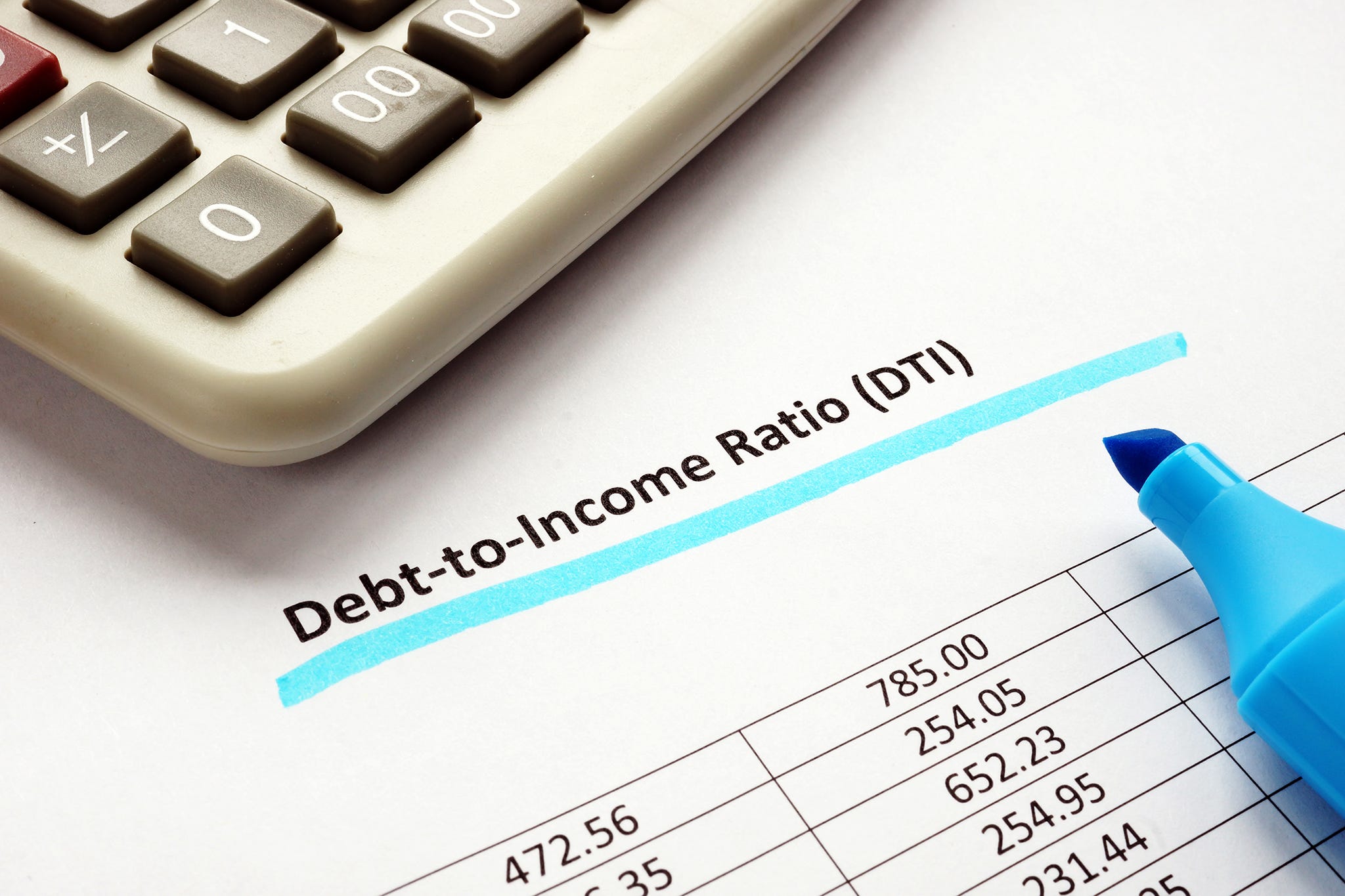Securing a reverse mortgage is a huge decision, given that you might not have the ability to get out of this loan without offering your house to pay off the financial obligation. You likewise require to thoroughly consider your choices to prevent utilizing up all the equity you have actually developed up in your house.
Reverse home loans typically are not utilized for trips or other "enjoyable" things. The fact is that most borrowers use their loans for immediate or pushing monetary needs, such as settling their existing home mortgage or other financial obligations. Or they may consider these loans to supplement their regular monthly earnings, so they can pay for to continue residing in their own home longer. Adjustables have 5 payment alternatives: Set regular monthly payments so long as you or your qualified partner stay in the home Set regular monthly payments for a fixed duration Undefined payments when you need them, until you've tired your funds A line of credit and set regular monthly payments for as long as you or your qualified spouse reside in the home A line of credit and set regular monthly payments for a set duration of your picking To apply for a reverse mortgage, you need to satisfy the following FHA requirements: You're 62 or older You and/or Check out this site a qualified partner who must be named as such on the loan even if she or he is not a co-borrower reside in the home as your primary home You have no delinquent federal financial obligations You own your home outright or have a significant amount of equity in it You attend the compulsory therapy session with a home equity conversion home loans (HECM) counselor authorized by the Department of Housing and Urban Advancement Your home satisfies all FHA residential or commercial property requirements and flood requirements You continue paying all real estate tax, house owners insurance and other household maintenance charges as long as you live in the house Prior to issuing a reverse mortgage, a loan provider will inspect your credit history, validate your month-to-month income versus your month-to-month monetary obligations and buy an appraisal on your house.
Almost all reverse mortgages are released as house equity conversion home loans (HECMs), which are insured by the Federal Housing Administration. HECMs feature strict borrowing standards and a loan limit. If you believe a reverse home mortgage might be best for you, find an HECM counselor or call 800-569-4287 toll-free to find out more about this financing choice.
A reverse home mortgage makes it possible for house owners, especially those who are of retirement age, to borrow versus the equity in their houses. One benefit of a reverse home mortgage is that loan providers do not normally have minimum income or credit rating requirements, which can assist house owners aiming to cover living expenditures. But a reverse home loan features numerous downsides, such as in advance and ongoing expenses, a variable rates of interest, an ever-rising loan balance and a decrease in house equity.
As its name recommends, a reverse home mortgage is the opposite of a traditional mortgage. With a reverse mortgage, you do not borrow money to purchase a house; rather, you tap into the equity of your home to secure a loan. A reverse home loan is suggested for house owners who have paid off their home loan or who have actually collected a great deal of home equity.
One of the benefits of a reverse mortgage is that loan providers characteristically do not impose income or credit requirements. Earnings from a reverse mortgage loan are usually tax-free, and not a penny of the loan requires to be paid back if the debtor remains in the house, pays home taxes and property owners insurance coverage, and covers upkeep costs.
The Best Strategy To Use For What Are Interest Rates Today On Mortgages

Those scenarios activate the requirement for you, your spouse or your estate to pay back the loan. 3 sort of reverse home loans are readily available: Single-purpose reverse mortgage: These loans, available from government firms and not-for-profit groups, are created for just one function described by the loan provider. For instance, someone may utilize proceeds from a single-purpose reverse mortgage to deal with a home enhancement job or pay home taxes.
Exclusive reverse home loan: Proprietary reverse mortgages, offered from personal lending institutions, offer more flexibility than single-purpose reverse home loans. Unlike single-purpose reverse home loans, exclusive reverse mortgages typically don't come with limitations on how you can spend the earnings. This alternative can be especially attractive to owners whose homes bring high worths and who desire to borrow a substantial amount of cash - what does arm mean in mortgages.
An HECM, insured by the Federal Housing Administration (FHA), is the most typical type of reverse home loan. Since 2020, the HECM loaning limit was $765,600. Although earnings from an HECM can be used for any purpose, some house owners may not qualify due to particular constraints. These loans are available only to house owners who are at least 62 years of ages.
Those consist of:: Similar to a traditional home loan, a loan provider typically charges a number of charges when you take out a reverse mortgage. how to cancel a timeshare contract Those can include a home loan insurance coverage premium, an origination fee, a servicing fee and third-party costs. For an HCEM, the preliminary home loan insurance coverage premium is 2% of the loan amount; on top of that, you'll pay an annual mortgage premium of 0.
You'll likewise pay an origination fee of $2,500 or 2% of the first $200,000 of your home value (whichever is greater), plus 1% of the amount exceeding $200,000; origination costs can not go beyond $6,000.: Most reverse home loans have variable interest rates, meaning the interest rate that figures out how much is added to your loan balance every month fluctuates throughout the life of the loan.: Interest paid on a reverse mortgage can't be subtracted on your annual income tax return until the loan is paid off.: A reverse home loan can siphon equity from your house, leading to a lower possession value for you and your heirs.: If your home isn't in great shape, you may need to make repairs before you can receive a reverse mortgage.: Aside from when a property owner passes away or moves out, the reverse mortgage might require to be paid back sooner than anticipated if the owner stops working to pay real estate tax or homeowners insurance coverage, or if the owner isn't staying up to date with house upkeep.

In addition to its downsides, there are 3 examples of when a reverse home loan may be completely out of the concern: You wish to move relatively quickly. Timing is necessary when it comes to securing a reverse home loan. If you're wanting to transfer in the next couple of years, it might not be a good idea to saddle yourself with a reverse home get more info mortgage.